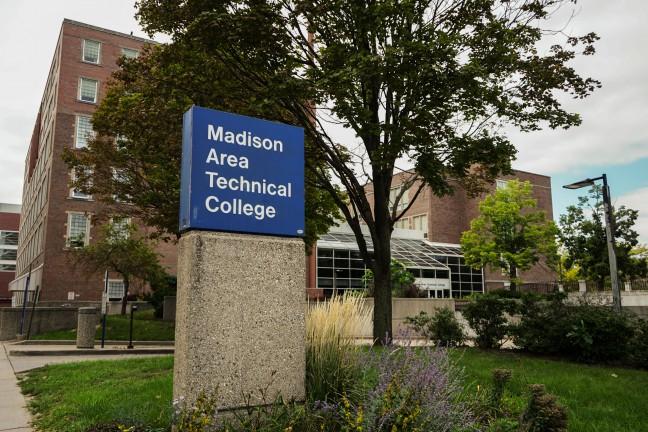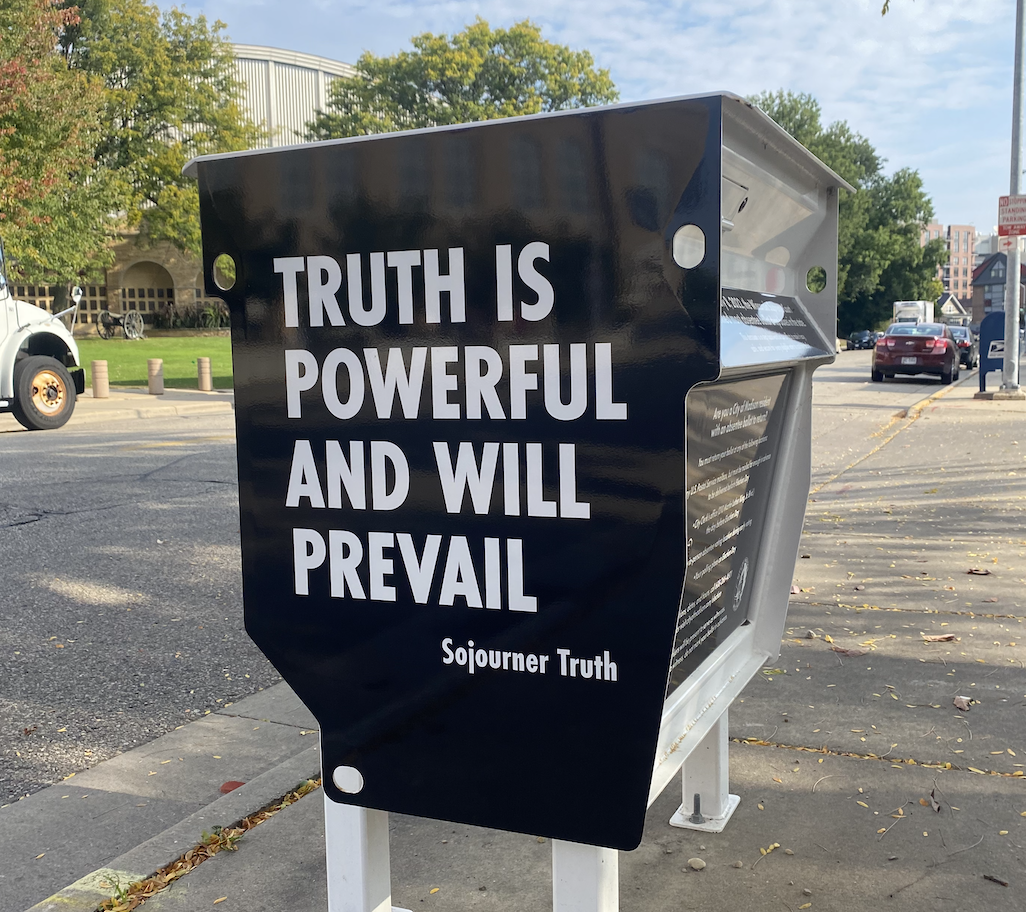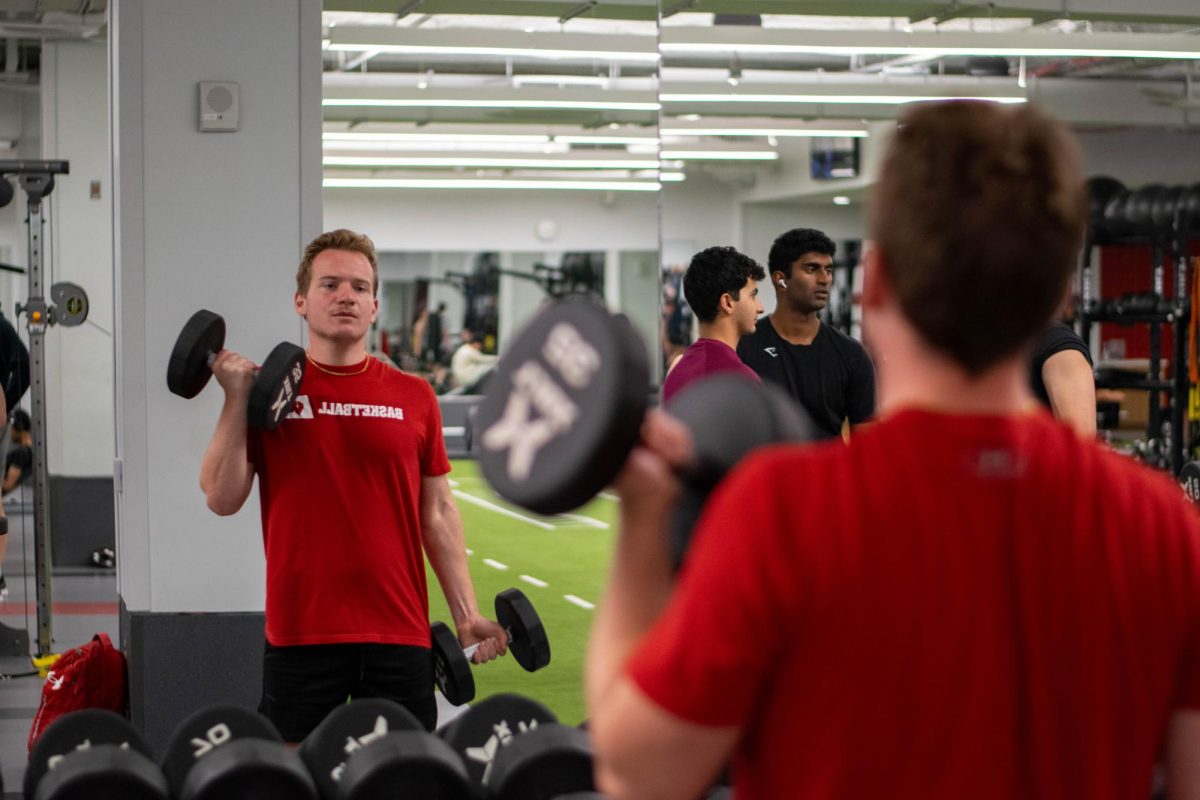Michael Brown, Eric Garner and Tony Robinson — all killed at the hands of police officers. In all of the uncertainty surrounding their deaths, one solution has been brought up after these tragedies: police body cameras.
The suggested idea is to hold the police more accountable, they should be required to wear body cameras on their person and/or vehicle. On the progressive side, this notion has received a lot of support, with President Barack Obama calling for more officers to wear body cameras.
Recently, the University of Wisconsin Police Department announced that all officers will now be wearing body cameras 24/7. But recent events have called into question the potential effectiveness of these cameras.
South Carolina recently became the first state to mandate that all police officers wear cameras and have them on their vehicles. The new cameras efficacy was tragically put to the test when a South Carolina cop fatally shot 19-year-old Zachary Hammond during a failed drug sting.
In the video it appears that Hammond posed no threat to the officer and was instead trying to flee the scene in his car out of fear. But the officer viewed this attempt to flee as Hammond trying to run him over, which led the officer to take lethal action.
If any small good were to come from this tragic situation it should have been that the officer would be punished for recklessly firing his gun at an innocent 19-year-old. But despite the seemingly strong video evidence, a jury recently decided that no charges should be brought up against the officer.
This decision sparked much outrage, and rightfully so, considering it is just one drop in the bucket of police-related deaths that have recently occurred. In addition to outrage, the shooting has brought the efficacy of cop cameras into question.
After all, if a very clear-cut video could not successfully convict, let alone indict the officer, it begs the question: how effective will these cameras be in the future?
Despite the fact that these cameras are apparently not enough to hold police officers accountable, I believe that they are not only effective, but also necessary for our society to move forward as we try to rediscover how the police should act. The UWPD phasing in the body cameras is the correct move. They are effective because what they lack in judicial impact, they make up for socially and symbolically.
Their social impact is that the footage these cameras provide incites people to take action. The visual component they provide evokes more emotion and disgruntlement than words or sounds ever could. It is the video that got more people to protest the militarization of the police. And these cameras will help in proliferating this dialogue.
Symbolically, these cameras are important because they are a sign from lawmakers that police officers of our country do need to be held more accountable. These acknowledgements that change is necessary from politicians and our UWPD, are essential to accomplishing change. So, in that sense, these cameras are critically important and effective.
Henry Solotaroff-Webber ([email protected]) is sophomore majoring in English and Spanish.














